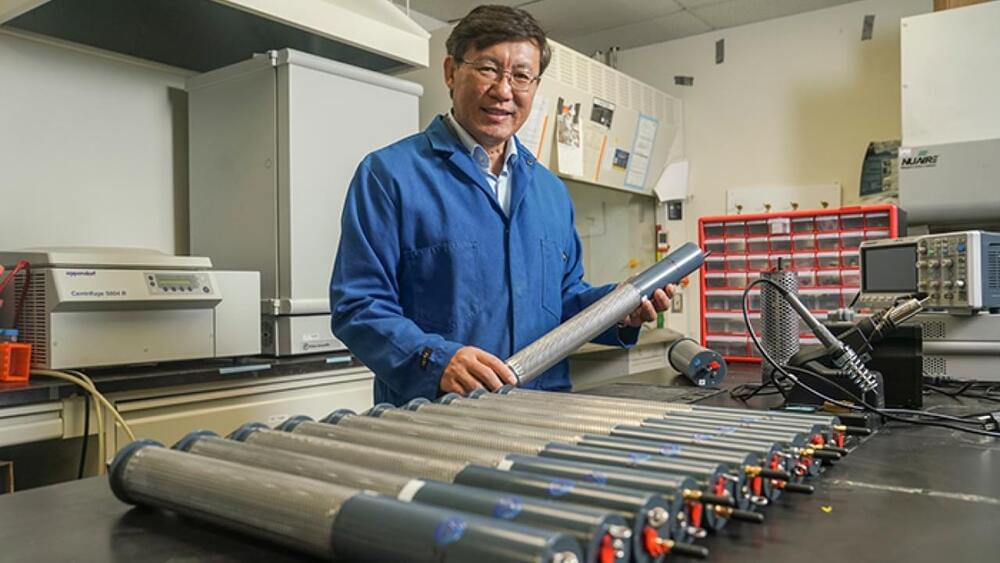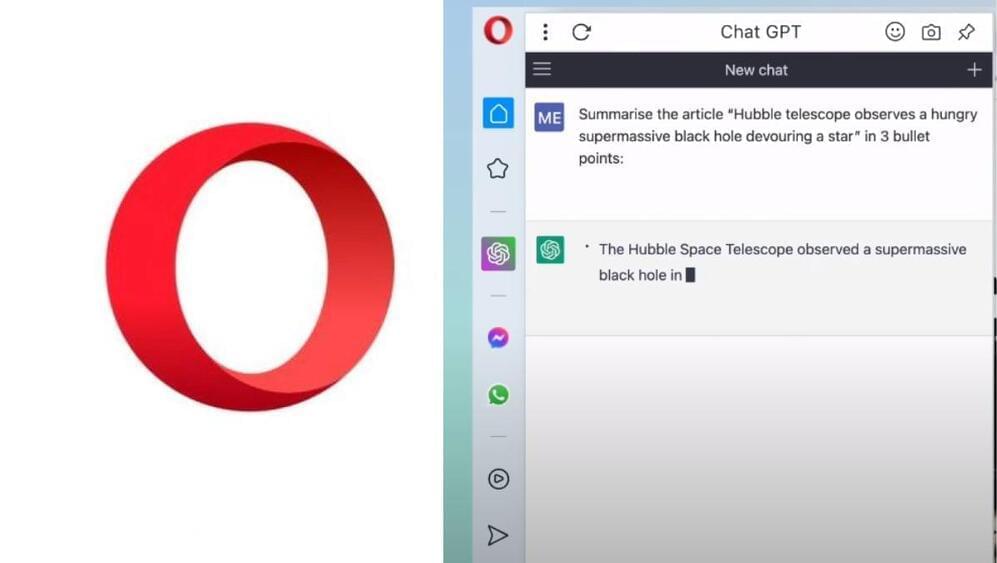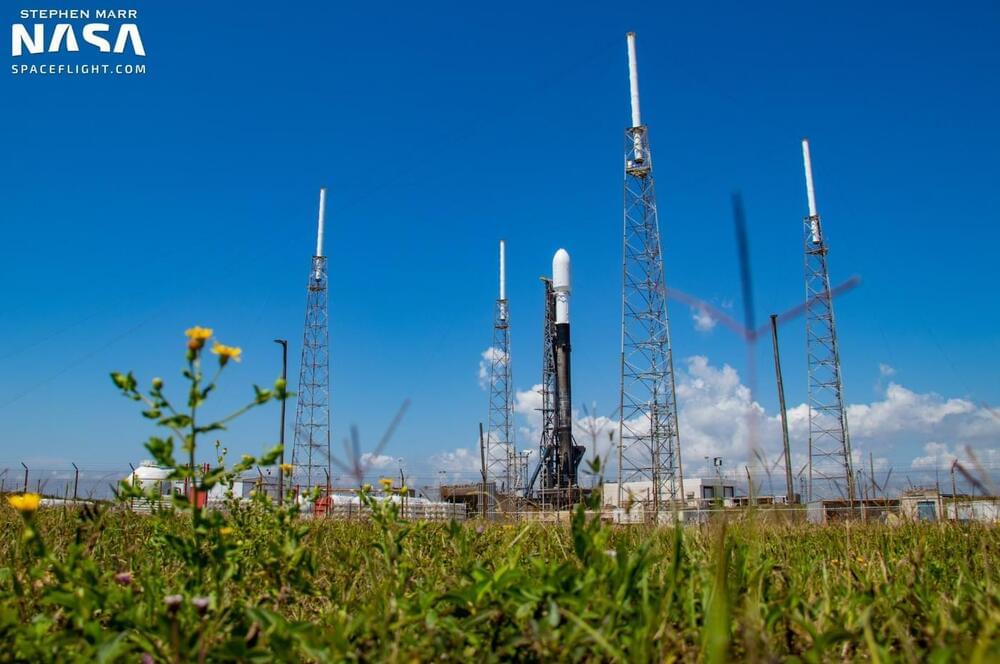Feb 17, 2023
The Syntellect Hypothesis: The Most Probable Path to Our Future Transcendent Superintelligence
Posted by Alex Vikoulov in categories: biological, chemistry, internet, robotics/AI, space
Could we imagine a world where our minds are fused together and interlinked with machine intelligence to such a degree that every facet of consciousness is infinitely augmented? How could we explore the landscapes of inner space, when human brains and synthetic intelligence blend together to generate new structures of consciousness? Is it possible to interpret the ongoing geopolitical events through the lens of the awakening Gaia perspective?
#SyntellectHypothesis #cybernetics #superintelligence #consciousness #emergence #futurism #AGI #GlobalMind #geopolitics
“When we look through the other end of the telescope, however, we can see a different pattern. We can make out what I call the One Mind — not a subdivision of consciousness, but the overarching, inclusive dimension to which all the mental components of all individual minds, past, present, and future belong. I capitalize the One Mind to distinguish it from the single, one mind that each individual appears to possess.” — Larry Dossey
Is humanity evolving into a hybrid cybernetic species, interconnected through the Global Mind? When might the Web become self-aware? What will it feel like to elevate our consciousness to a global level once our neocortices are fully connected to the Web?
 Could we imagine a world where our minds are fused together and interlinked with machine intelligence to such a degree that every facet of consciousness is infinitely augmented? How could we explore the landscapes of inner space, when human brains and synthetic intelligence blend together to generate new structures of consciousness? Is it possible to interpret the ongoing geopolitical events through the lens of the awakening Gaia perspective?
Could we imagine a world where our minds are fused together and interlinked with machine intelligence to such a degree that every facet of consciousness is infinitely augmented? How could we explore the landscapes of inner space, when human brains and synthetic intelligence blend together to generate new structures of consciousness? Is it possible to interpret the ongoing geopolitical events through the lens of the awakening Gaia perspective?

















